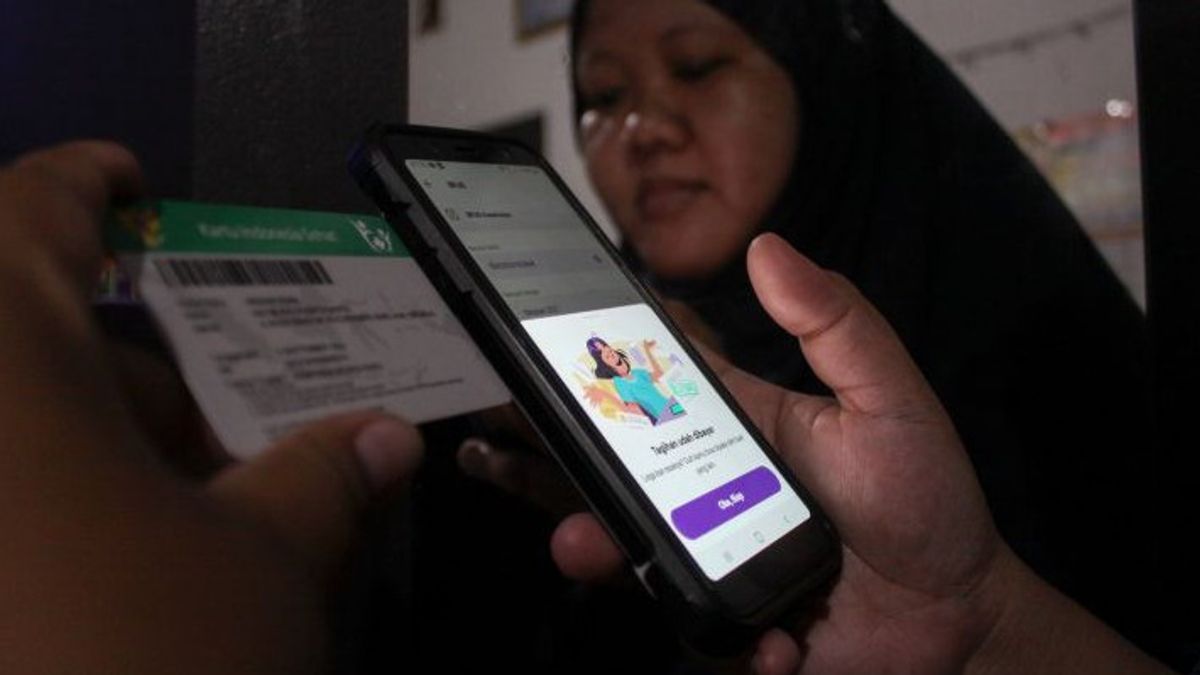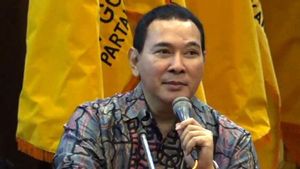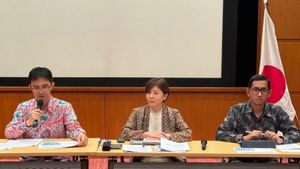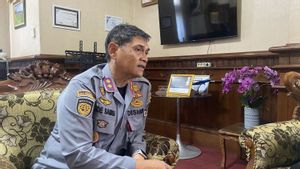JAKARTA - Dean of the Faculty of Economics and Business (FEB) of the University of Indonesia (UI) Teguh Dartanto said, to realize Indonesia Gold 2045, it is necessary to improve the quality of inclusion and financial literacy considering that the financial sector is the main supporter of the economy.
"The financial sector is supporting from the real sector. Currently, the increase in financial inclusion and literacy is being driven by the government," said Teguh Dartanto at the UI Depok Campus, West Java, quoted from Antara, Tuesday, June 27.
Moreover, for financial inclusion, Teguh continued, the government is targeting to reach 90 percent by 2024.
The 2022 National Financial Literacy and Inclusion Survey (SNLIK) released by the Financial Services Authority (OJK) noted that the Indonesian people's financial literacy index was 49.68 percent. The financial inclusion index reached 85.10 percent.
Teguh said, the literacy and inclusion index is indeed getting better. SNLIK is an annual 3-year survey where in 2019, the financial literacy index was only 38.03 percent, while the inclusion index was 76.19 percent.
"There is not much inclusion that really takes advantage of services for productive purposes. This means that in the future the financial sector needs to be encouraged is a higher quality financial inclusion. How to encourage this community to use formal financial services and services for productive activities," said Teguh.
Inclusion is an indicator of economic progress and welfare because the community is considered capable of accessing formal financial products and services as needed.
However, Teguh continued, the majority of inclusion is only ownership and access, so the quality needs to be improved so that people are truly prosperous and the economy progresses.
Teguh emphasized that currently there are more financial inclusions in the form of savings. Meanwhile, for more productive purposes such as investment is still less in number.
Teguh gave an example, the government has often issued state securities (SBN) such as sukuk.
However, the lack of understanding of SBN as well as sukuk made the investment instruments only used by a small part of the community.
Even though the investment instrument has been made which is small in value so that more people take advantage of it.
If this kind of information can be spread throughout the community, and all Indonesian people can have it, what does it mean? The returns can be felt by the whole community," Teguh continued.
He also took another example, namely the stock sector, where the increase in investors only occurred in the past few years. Therefore, related to more productive inclusions such as investment needs to be continuously improved in the future, especially through quality literacy as well.
SEE ALSO:
Teguh assessed that with a better financial literacy, in the future the Indonesian people will be more literate about financial issues. Thus the public can plan their future better.
"The interpretation is better. In the future, I think more about financial services, which we may need to encourage, financial literacy. Inclusion has started to be quite high, but financial literacy, how to take advantage of access to financial services for productive things that may need to be improved," he said.
FEB UI itself, Teguh continued, is ready to strengthen collaboration to assist the government in this regard.
Teguh said that his party always strives to collaborate with the financial sector from various departments through various studies to support policies and organize financial literacy training.
"To support, for example, policies through studies. We are very, very open and encourage continuous collaboration. I think that is what we need to support to develop in the future," he said.
The English, Chinese, Japanese, Arabic, and French versions are automatically generated by the AI. So there may still be inaccuracies in translating, please always see Indonesian as our main language. (system supported by DigitalSiber.id)












